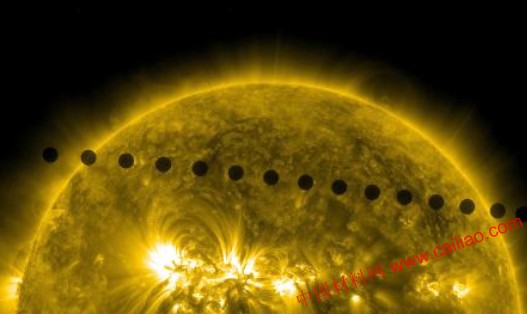Venus is often covered by a thick layer of clouds. In the past, many scientists who studied Venus also have many problems, such as the surface of this layer of atmospheric clouds also makes our observation research work more Difficulties, but now through a research study, these clouds may help us reveal the surface of Venus under the clouds. Valves are found in virtually every industrial process, including water and sewage processing, mining, power generation, processing of oil, gas and petroleum, food manufacturing, chemical and plastic manufacturing and many other fields. Valves Stop Valves, Ball Cock, Angle Valves, Gate Valves, Check Valves ZHEJIANG KINGSIR VALVE CO., LTD. , https://www.kingsirvalve.com
The data observed by the European Space Agency's Venus Express satellite show that French scientists also researched the weather of Venus through a lot of data. They tend to pay more attention to the moisture locked in the clouds, and they show the results through surveys. It is composed of wind, water, and clouds. These structures also have a great relationship with the surface of Venus.
By using the Venus Express train for six years of research time, there is a big difference in the climate model we have and our earth. Venus is often more dry, and it has the atmosphere that contains water. The main form of vapor exists.
People in developed nations use valves in their daily lives, including plumbing valves, such as taps for tap water, gas control valves on cookers, small valves fitted to washing machines and dishwashers, safety devices fitted to hot water systems, and poppet valves in car engines.
In nature there are valves, for example one-way valves in veins controlling the blood circulation, and heart valves controlling the flow of blood in the chambers of the heart and maintaining the correct pumping action.
Valves may be operated manually, either by a handle, lever, pedal or wheel. Valves may also be automatic, driven by changes in pressure, temperature, or flow. These changes may act upon a diaphragm or a piston which in turn activates the valve, examples of this type of valve found commonly are safety valves fitted to hot water systems or boilers.
More complex control systems using valves requiring automatic control based on an external input (i.e., regulating flow through a pipe to a changing set point) require an actuator. An actuator will stroke the valve depending on its input and set-up, allowing the valve to be positioned accurately, and allowing control over a variety of requirements.